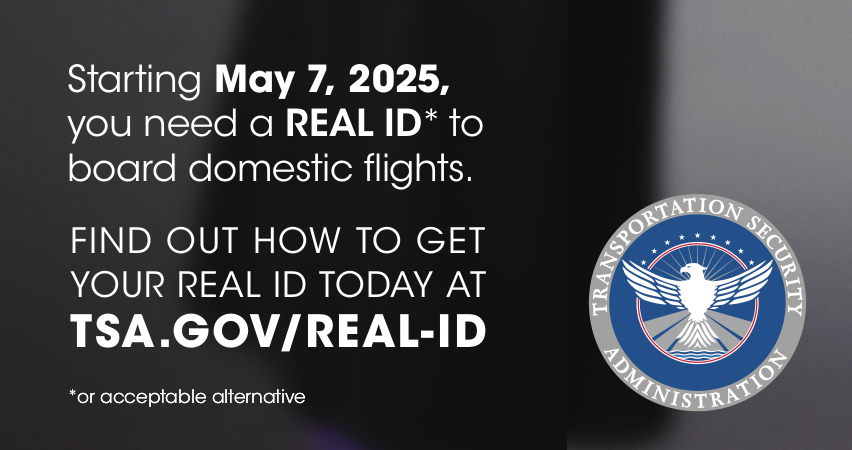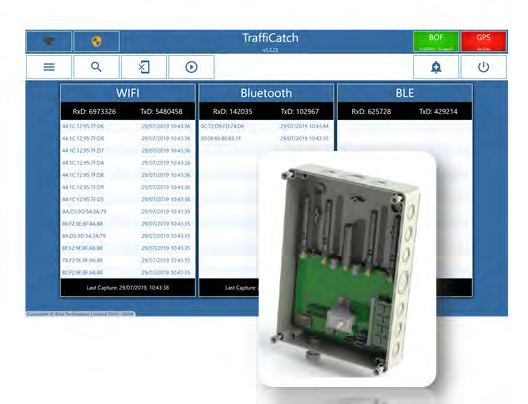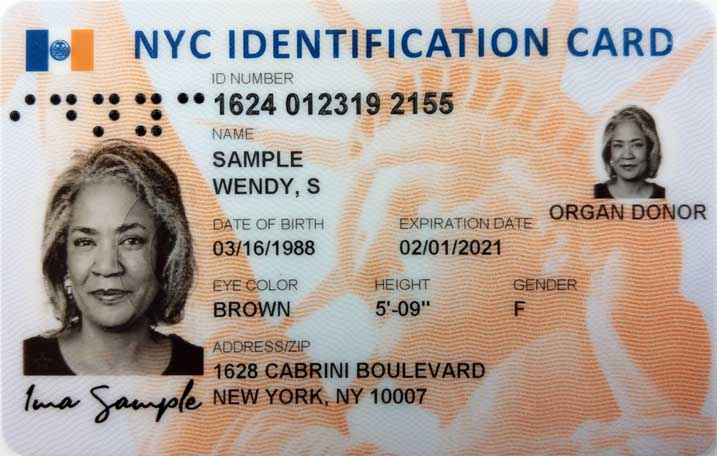A new effort is being made by some Senators to restrict the use of facial recognition by the Transportation Security Administration (TSA), airlines, and airports in the US.
But the proposed cure may be worse than the disease. The latest version of the proposed legislation, while undoubtedly well intentioned, includes a provision that would, for the first time, provide a basis in Federal law for “identity verification” of airline passengers.
The problem with facial recognition is that it’s a tool for identifying people. Legalizing (unjustified and previously unlawful) demands for travelers to identify ourselves in other ways is not a solution to the problems of either facial recognition or ID demands.
S. 3361, the “Travel Privacy Protection Act of 2023”, was introduced in the Senate in November 2023, and remains pending. But standalone bills like this have very little chance of being considered, especially in the current Congress.
With Congress acting on only a few bills that are considered essential to keep the government operating, other legislation is likely to be acted on only if it can be attached to one of these “must-pass” bills. So some of the sponsors of S. 3361 have incorporated provisions to restrict the use of facial recognition, plus new provisions for alternative means of “identity verification” of travelers, into an amendment to the pending bill to authorize continued operations of the Federal Aviation Administration (FAA).
We assume that the new “identity verification” provisions in the proposed amendment to the FAA reauthorization bill were added to the previous version of the legislation to address objections from the TSA, the airline industry, and airport operators, all of whom have invested heavily in shared infrastructure for facial recognition at airports on the assumption that it has already been agreed to as a government and industry standard.
The proposed amendment to the FAA reauthorization bill would explicitly authorize the use of facial recognition at US airports, provided that the TSA “provides each protected individual, at the request of the protected individual, with the option to choose between identity verification with or without facial recognition or facial matching software.”
This would be a major change, since no provision of current law authorizes the TSA to operate, or to require travelers to submit to, any sort of ID verification.
Congress should not be intimidated by the threat of facial recognition into authorizing the TSA, airlines, or airport operators to require travelers to identify ourselves.
A choice between submitting to facial recognition so that we can be identified, and showing documents so that we can be identified, is not a choice we should have to make.
Regardless of how we are identified, we know how our identity will be used by the TSA and its commercial and governmental partners in the US and around the world.
The TSA will check our identity against the million and a half mostly Muslim names on the TSA’s no-fly blacklist, use our identity as one of the inputs to the algorithmic black box they use to decide whether to send the airline a Boarding Press Printing Result (BPPR) that “permits” the airline to issue a boarding pass for each of our flights, and use it to link its record of our flight to the permanent file it keeps about each of us. None of this is lawful or serves any legitimate purpose. Congress should put a stop to all of this.
The TSA offers the misleading reassurance that unless we are determined to pose a threat, it won’t retain facial images and other information about our travel. But since the threat-assessment algorithms and outcomes are secret, there’s no way to know whether information about us and any particular flight we take has been retained.
Compelled warrantless, suspicionless ID requirements violate the Fourth and Fifth Amendments to the US Constitution and international treaties protecting the right to freedom of movement both internationally and within the US.
If Congress wants to rein in the TSA and its use of facial recognition, Congress can and should explicitly prohibit the TSA from requiring travelers to identify ourselves, regardless of whether that identity verification is conducted by inspection of ID documents, facial recognition, or other means. Unless our right to travel has been restricted by court order, who we are is irrelevant to our right to travel by common carrier.


